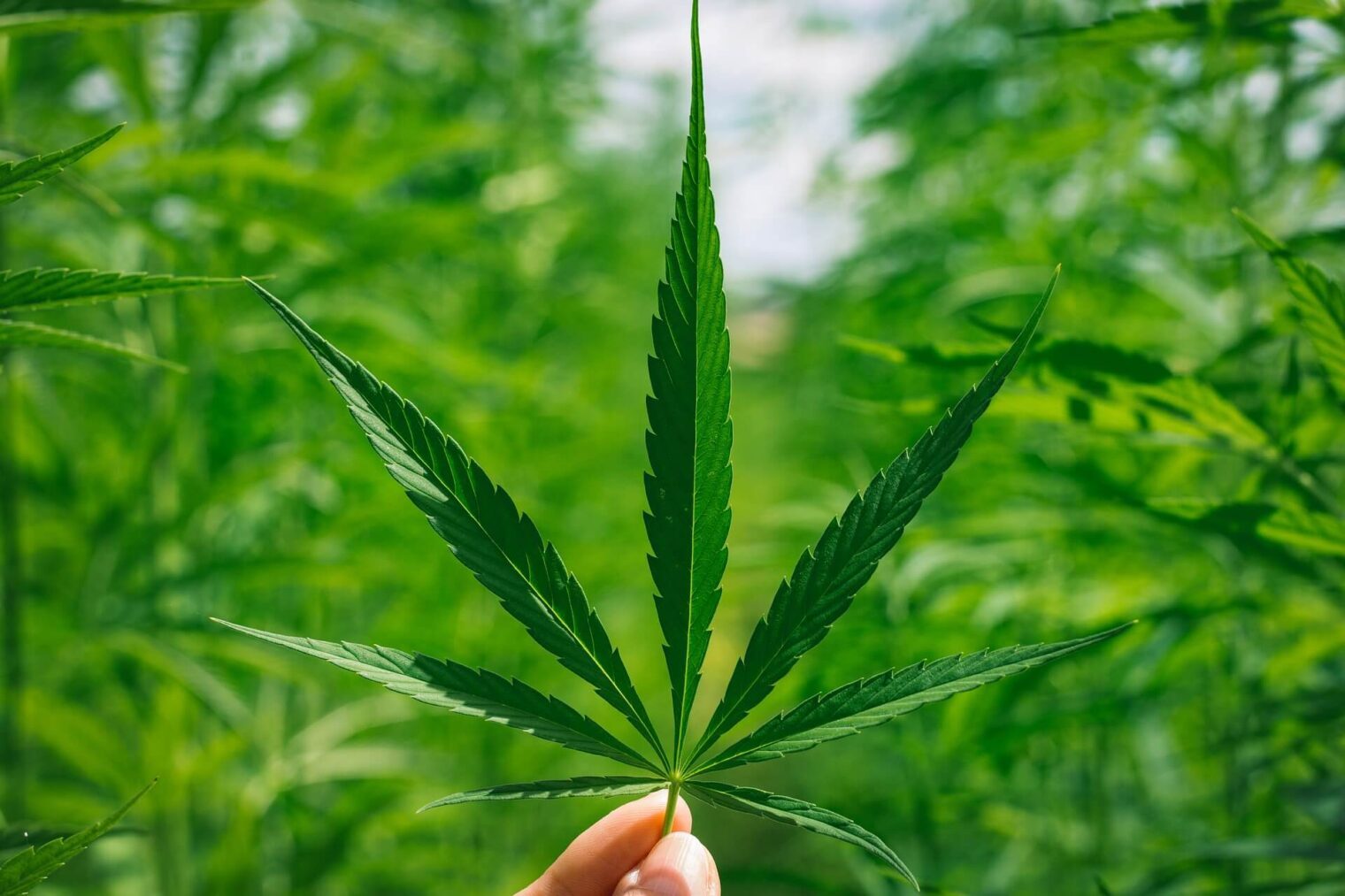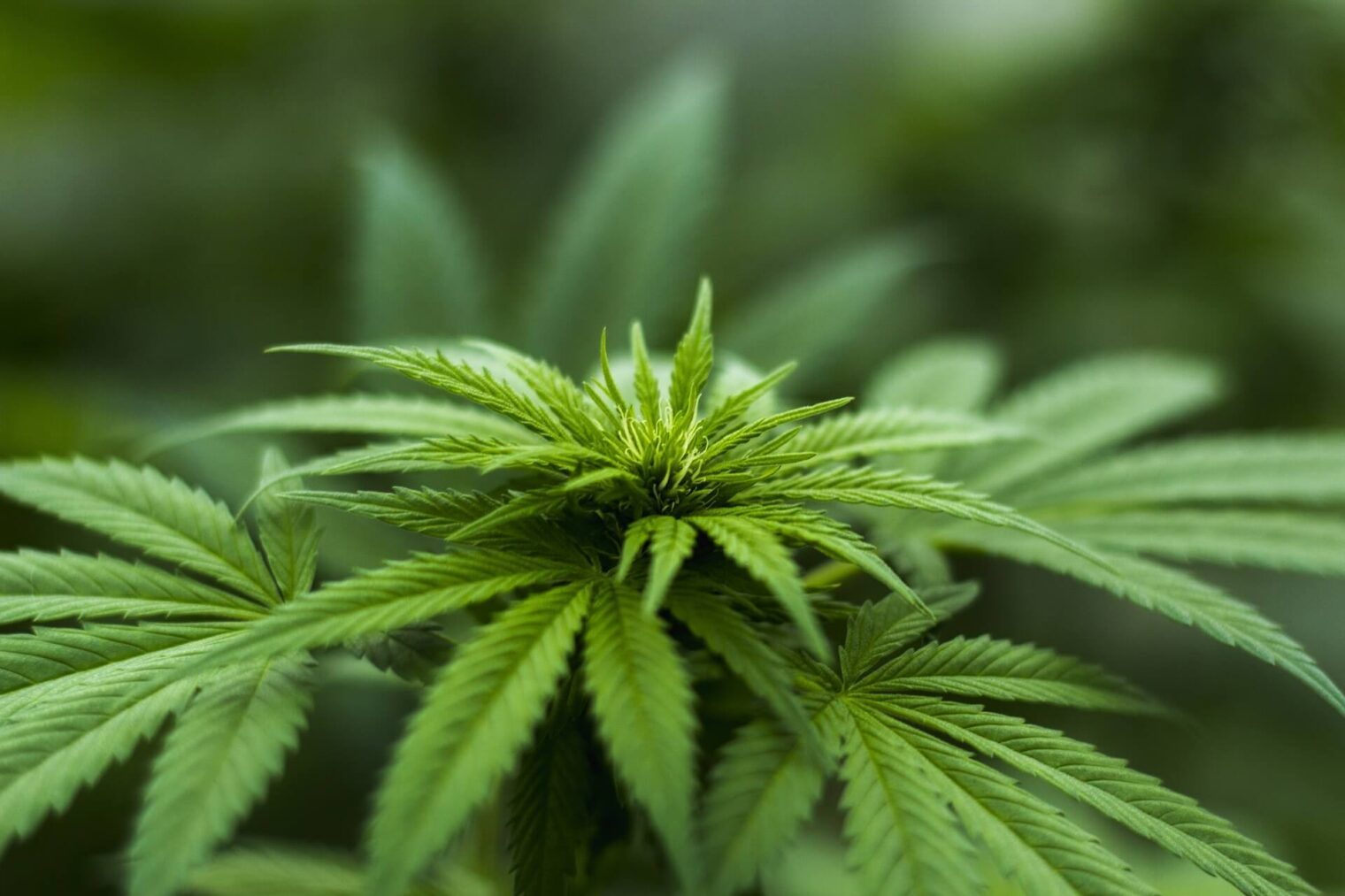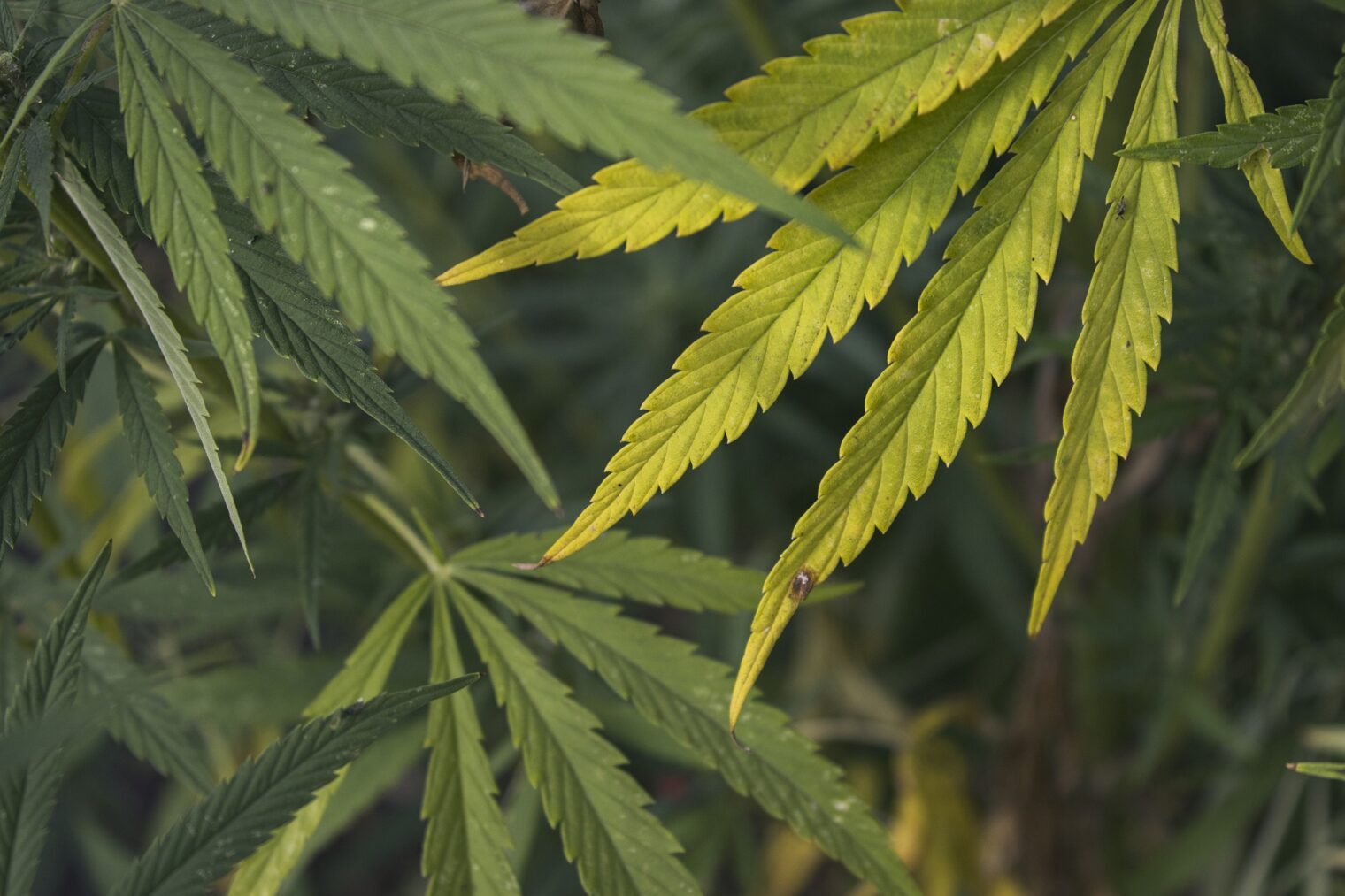Medical Marijuana in Thailand: Regulations, Usage, and Future Outlook

Table of Contents
Medical marijuana in Thailand has taken off in the past couple of years. Many people are looking for alternative ways to manage health issues. Traditional medicines sometimes don’t provide the relief needed. This is where medical marijuana comes into play, offering new hope to many.
Thailand has taken significant steps in this area, making it a focal point for those interested in the therapeutic potential of cannabis.
Thailand became the first country in Southeast Asia to legalize medical marijuana in 2018. This bold move opened doors for research and access to treatments previously unavailable.
Our blog will explore the regulations, how patients are using it, and what the future might hold for medical marijuana in Thailand. Get ready to discover more about this groundbreaking change.
Legalization of Medical Marijuana in Thailand
Thailand legalized medical marijuana, considering its pharmacology and clinical efficacy. The current regulations reflect a shift from previous restrictions to allowing the legal cultivation and usage of cannabis for medical purposes in the country.
Pharmocology and clinical efficacy
Research shows that medical marijuana in Thailand displays promising clinical efficacy for treating various conditions. Studies suggest it can relieve chronic pain, reduce seizures in epilepsy patients, and alleviate symptoms of multiple sclerosis.
Its active compounds, THC and CBD, interact with the body’s endocannabinoid system to produce therapeutic effects. This interaction helps modulate pain perception and has anti-inflammatory properties.
Exploring the pharmacology of cannabis reveals its potential in mental health treatments as well. Preliminary research indicates effectiveness against anxiety and depression symptoms, offering a new hope for patients with these disorders.
With ongoing studies into its full pharmacological profile, medical marijuana stands at the forefront of alternative medicine options in Thailand. The shift from traditional drug therapies to cannabis-based treatments underlines the need for updated regulations and guidelines.
Previous regulations
In the past, Thailand had strict regulations against cannabis, enforcing some of the harshest penalties for possession and distribution. The Narcotics Act of 1979 classified marijuana as a Category 5 narcotic, leading to severe legal consequences for any involvement with the substance.
However, recognizing the potential benefits of medical marijuana, Thailand has recently made significant changes to its regulations.
Moving forward to “Current regulations”…
Current regulations
After previous regulations, Thailand’s current regulations on medical marijuana have evolved significantly. The government legalized the use of medical cannabis in 2018 and has since established clear guidelines for its cultivation, distribution, and usage.
Licensed producers are now allowed to grow cannabis for medicinal purposes under strict governmental supervision.
The Narcotics Control Board oversees the licensing and quality control of medical marijuana products, ensuring they meet stringent standards. As a result, patients with qualifying conditions can access prescribed cannabis-based medications from authorized healthcare providers.
Usage of Medical Marijuana in Thailand
The usage of medical marijuana in Thailand involves the use of legalized preparations and guided protocols, along with insights from patients regarding their experiences. Reports about any untoward effects are also considered within the regulatory framework.
Legalized preparations and guided usage
In Thailand, the government has legalized specific preparations of medical marijuana for controlled usage. These preparations include oils, capsules, and oral solutions that are strictly regulated by healthcare professionals.
Patients must adhere to guidelines on dosages and administration set forth by healthcare providers based on their medical condition. The controlled usage aims to ensure safety and effectiveness while minimizing potential risks associated with medical marijuana.
Patients receiving medical marijuana in Thailand are guided through the process by healthcare professionals to ensure proper administration and adherence to regulations. Additionally, healthcare providers monitor patients closely for any adverse effects or interactions with other medications.
Patient perspectives
Patient perspectives on the usage of medical marijuana in Thailand vary widely. Some individuals report significant improvements in their quality of life, particularly in managing chronic pain and reducing symptoms associated with conditions such as epilepsy and multiple sclerosis.
Others express concerns about potential side effects and the need for more comprehensive guidelines on dosage and administration. Many patients also hope for expanded access to different forms of medical marijuana products, including oils, tinctures, and edibles, to address individual preferences and needs.
Reports from patients underline the significance of ongoing research into the efficacy and safety of medical marijuana treatments in diverse patient populations. It’s crucial for policymakers to consider these real-world experiences when continuing to refine regulations and support further developments within this rapidly evolving field.
Reports of untoward effects
Reports of untoward effects from the usage of medical marijuana in Thailand have emerged, prompting careful scrutiny. Patients have reported adverse reactions such as dizziness, nausea, and disorientation.
Additionally, concerns about long-term impacts on mental health and dependency issues have been raised within the medical community.
The government is closely monitoring these reports to ensure the safety and well-being of individuals utilizing medical marijuana. It is crucial for healthcare professionals to continue gathering comprehensive data on these unanticipated effects to guide future regulations and patient education initiatives.
Future Outlook of Medical Marijuana in Thailand
The future outlook of medical marijuana in Thailand centers on the government’s stance, potential for medical tourism, and insurance coverage. To explore more on this topic, delve deeper into the intricacies of Thailand’s evolving cannabis regulations.
The government’s stance
The government in Thailand has taken a cautious but progressive stance on the legalization and regulation of medical marijuana. They have acknowledged the potential therapeutic benefits of cannabis and have actively engaged in creating a regulatory framework to control its usage, distribution, and cultivation.
The government has been working towards establishing clear guidelines for prescribing medical marijuana products while ensuring strict enforcement of regulations to prevent misuse or abuse.
Potential for medical tourism
The government’s stance on medical marijuana in Thailand opens up the potential for medical tourism. With the legalization of medical marijuana and a supportive regulatory framework, Thailand is poised to attract international travelers seeking access to cannabis-based treatments.
This presents an opportunity for the growth of a niche market in medical tourism focused on cannabinoid therapies and wellness retreats tailored towards individuals seeking alternative treatment options.
Medical Marijuana in Thailand: Regulations, Usage, and Future Outlook
Recreational cannabis legalization
Cannabis industry outlook
Insurance coverage for medical marijuana
Insurance coverage for medical marijuana may be available in Thailand, offering patients financial support for their medicinal needs. Some insurance policies in the country include provisions for medical marijuana, allowing eligible individuals to access affordable treatment options.
This development reflects the growing acceptance and recognition of cannabis-based therapies within the healthcare system. Patients seeking relief through medical marijuana can explore insurance coverage as a potential avenue for managing treatment costs effectively, potentially easing the burden on their finances.
As regulations and attitudes surrounding medical marijuana continue to evolve, it is essential for patients and healthcare providers to stay informed about insurance options that cater to this specific form of therapy.
Understanding the availability of insurance coverage will play a crucial role in shaping the accessibility and affordability of medical marijuana treatments in Thailand as the landscape progresses towards broader integration within mainstream healthcare practices.
Medical Marijuana in Thailand in 2024
The future of medical marijuana in Thailand holds promising potential for both the healthcare system and economy. The government’s progressive stance on legalization signifies a positive shift towards patient-centric care and alternative treatment options.
This could also position Thailand favorably as a hub for medical tourism, with implications for economic growth and improved patient access to novel therapies. Additionally, the prospect of insurance coverage for medical marijuana underscores an evolving acceptance of cannabis-based treatments within the realm of traditional healthcare coverage, offering new hope for patients seeking relief from various ailments.
As these initiatives continue to unfold, they may pave the way for an enhanced landscape in Thailand’s healthcare sector while providing valuable insights into broader trends impacting global drug policies and therapeutic approaches.









